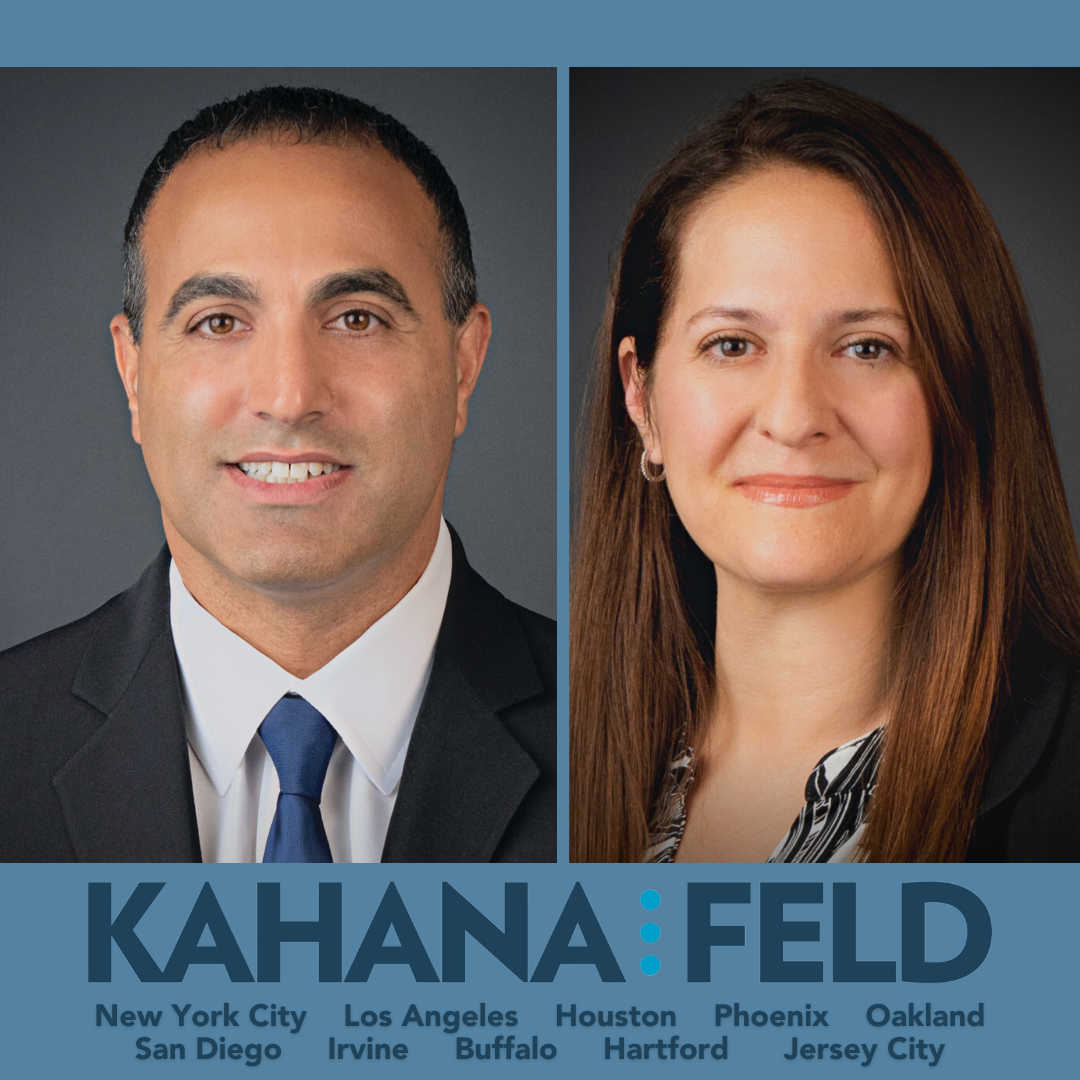Workers in California just got two more sick paid days per year. On October 4, 2023, Governor Gavin Newsom signed SB 616 into law expanding the Healthy Workplace, Health Families Act of 2014 to increase the amount of paid sick leave employers are required to provide their California employees, from three days to five days a year. This new law will impact virtually all employees as it applies to all employees who work 30 or more days in California.
Under current mandates, employees are permitted to paid sick leave for treating the employee’s or employee’s family member’s illness or care as well as if the employee is a victim of domestic violence, sexual assault/violence and/or stalking.
Starting January 1, 2024, employers must increase the annual amount of paid sick leave an employee is entitled to from 24 hours or three days to 40 hours or five days. For employers who utilize an accrual model, the number of paid sick leave hours owed must be increased to 40 hours by their 200th day of employment, in addition to accruing at least 24 hours of paid sick leave by their 120th day of employment.
SB 616 also requires employers to increase the number of days of carried over paid sick leave an employee can use each year from 24 hours or three days to 40 hours or five days. For employers who offer paid leave, it must increase the number of days of paid leave an employee is eligible to receive, from 24 hours or three days within nine months of employment, to 40 hours or five days within six months. The law also increases the cap on an employee’s accrual of paid sick leave from 48 hours or six days to 80 hours or 10 days. The bill also amends the schedule for in-home supportive service providers (IHSS) to increase their paid sick leave accrual to five days/40 hours in each year of employment.
SB 616 also extends protection to employees who are covered by a valid collective bargaining agreement that provides for paid sick leave. For example, the bill requires that such employees be permitted to use sick leave for the same reason as employees who are not subject to a collective bargaining agreement, such as for the “[d]iagnosis, care, or treatment of an existing health condition of, or preventative care for, an employee or an employee’s family member.” Employers may not retaliate against those employees who use paid sick leave and employees are now entitled to a rebuttable presumption of retaliation if the employer takes any adverse employment action within 30 days of certain protected activities.
Importantly, SB 616 preempts any local city paid sick leave ordinances with less generous leave requirements to establish the state-wide minimums described above.
Given the expansive nature of this new law and potential financial ramifications of non-compliance, employers are recommended to start working now to ensure compliance by January 1, 2024.



